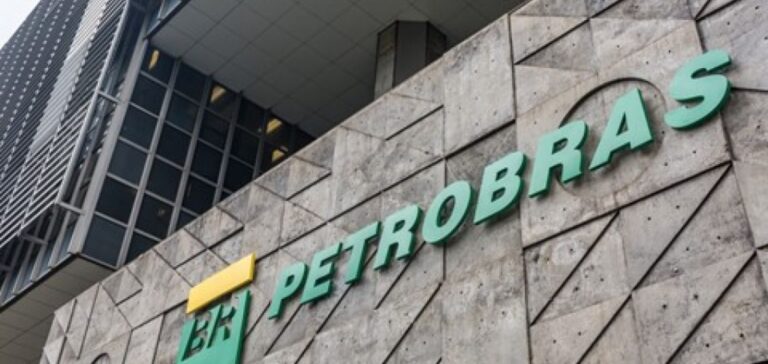Brazilian oil company Petrobras reported a 47% year-on-year fall in second-quarter net profit to $5.8 billion on Thursday, due in part to lower oil prices.
Petrobras net profit: Analysis of the 20.6% fall in the second quarter of 2023
Last year, profits amounted to $11 billion over the same period. All the sector’s majors were able to benefit from soaring hydrocarbon prices at the same time. The post-pandemic upturn in demand and the war in Ukraine partly explain this phenomenon. Second-quarter net profit was down 20.6% on the first quarter, at 7.3 billion. The company explained in a press release that its revenues had fallen by 14% quarter-on-quarter. This was due in particular to a 4% fall in the price of Brent crude.
Petrobras net profit: lower EBITDA and investments in exploration projects
Adjusted Ebitda for the second quarter was $11.4 billion, down 42.7% year-on-year.
The state-owned oil giant “delivered a consistent financial and operating performance in the second quarter (…). We will continue to work, focused on the present, but also looking to the future, preparing a fair energy transition and investing in the future of the company and of Brazil,” Petrobras president Jean Paul Prates was quoted as saying in a statement.
The company says it “invested $3.2 billion in the second quarter, an increase of 31% on the previous quarter”, notably in “pre-salt” exploration projects, offshore deposits located in very deep water, beneath a thick layer of salt.
Petrobras net profit: Dividend of R$1.15 per share after record $36 billion in 2022
Petrobras announced the approval of a dividend payment of 1.15 Brazilian real per share. The total amount is around 15 billion reais (about 3 billion dollars). This is the first publication of financial results since the announcement of the end of the alignment of the company’s fare policy with the international market. Left-wing President Luiz Inacio Lula da Silva has called for this change to avoid too-frequent price hikes at the pump. In 2022, Petrobras posted a record net profit of around $36 billion (€32.98 billion), boosted in particular by the global rise in oil prices.






















